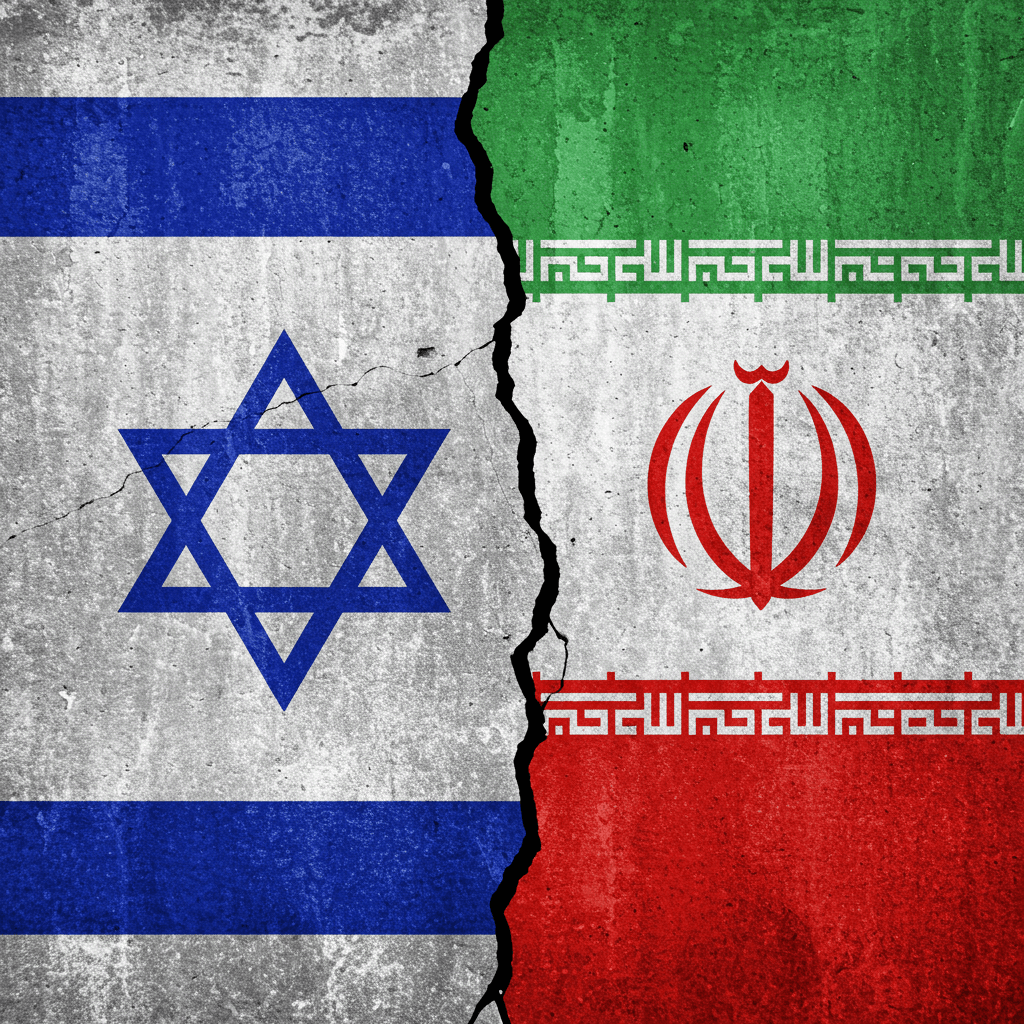US President Donald Trump confirmed this morning that a ceasefire between Israel and Iran is now in effect, formally ending a twelve-day conflict that shook energy markets and triggered massive movements across global exchanges. This breakthrough peace agreement brings new investment opportunities and fundamentally changes the outlook for oil and equity markets.
Dramatic Final Hours Before Ceasefire Takes Effect
Iran launched multiple waves of missiles at Israel in the final hours before the ceasefire came into force, with four people killed in Beer Sheva. Iranian state television confirmed that “the last round of Iranian missile attacks was fired into the heart of the occupied territories minutes before the ceasefire began” in the early morning hours of Tuesday.
Trump originally established a phased timeline – Iran was to halt attacks at midnight Central European Time on Tuesday, Israel twelve hours later, and after another twelve hours, the war was to be officially concluded.
Trump Brokered Ceasefire with Qatar’s Assistance
The ceasefire was brokered by President Trump together with Qatari Emir Sheikh Tamim bin Hamad Al Thani. Qatar helped negotiate the agreement after Trump asked the Qatari Emir to persuade Iran to agree to the ceasefire. Vice President JD Vance coordinated details with the Qatari Prime Minister.
Trump wrote in response to the agreement: “I congratulate both countries, Israel and Iran, for their perseverance, courage, and intelligence in ending what should be called the ’12-day war’.”
What the Ceasefire Means for Investors and Commodity Prices
The end of the Iran-Israel conflict has a direct impact on the global investment environment. Oil prices plummeted more than 7% after it became clear that Iran did not attack oil tankers or block the strategic Strait of Hormuz. Brent crude futures fell 7.2% to $71.48 per barrel, while US WTI crude dropped 7.2% to $68.51.
Investors had feared the possibility of closing the Strait of Hormuz, through which approximately one-fifth of global oil supplies pass. Qatari companies report no disruption to exports occurred.
How Investors Are Responding to the End of Middle East Conflict
US equity indexes strengthened significantly – Dow Jones futures added 291 points (0.68%), S&P 500 futures gained 0.79%, and Nasdaq 100 futures rose 1.06%. The Dow Jones closed up 0.89% at 42,581.78 points.
According to market analysts, the rally signals a return of investor optimism, despite dramatic recent events including US participation in bombing Iranian nuclear facilities.
Top-Performing Sectors After Conflict Resolution
- Consumer stocks: Consumer goods sector led growth with a 1.75% increase
- Defense stocks: Continue to benefit from high orders and increased military budgets
- Technology companies: Nasdaq futures rose fastest among major indexes
Sectors Damaged by Geopolitical Uncertainty Show Recovery
The travel and hospitality industry, which lost significantly during the conflict, now expects rapid recovery thanks to returning stability in the Middle East. Airlines are already reporting increased bookings for international flights.
Long-Term Investment Impact of the Ceasefire
Energy Security Remains Critical
The conflict highlighted the fragility of energy supplies from the region and increased interest in:
- Diversification of energy sources
- Investment in renewable energy
- Strategic oil reserves
Defense Industry with Long-Term Outlook
The twelve-day conflict demonstrated the importance of modern defense technologies and will likely lead to:
- Increased defense budgets in the region
- Growth in anti-missile system orders
- Investment in cybersecurity
What Analysts Say About Future Developments
Trump expects the ceasefire will “last forever” and believes Israel and Iran “will never shoot at each other again.” Analysts are more cautious and warn of possible renewed tensions.
Key areas to monitor:
- Compliance with ceasefire terms by both sides
- Resumption of diplomatic negotiations on Iran’s nuclear program
- Response from other regional players
The end of the twelve-day war between Iran and Israel brings stabilization to energy markets and new investment opportunities. While we see short-term oil price declines and stock market growth, long-term impacts will depend on how lasting the achieved ceasefire proves and whether it leads to broader regional stability.




